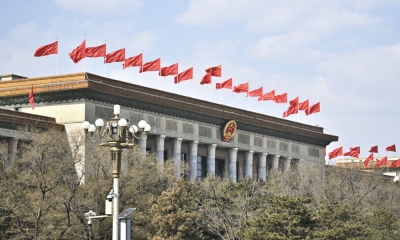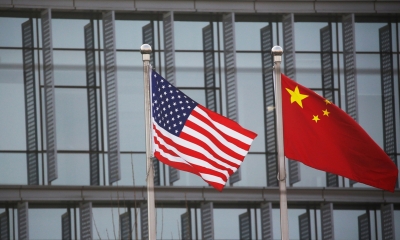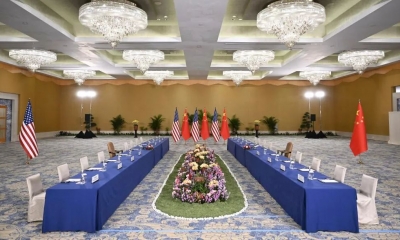A World in Turmoil Must Find a New Paradigm
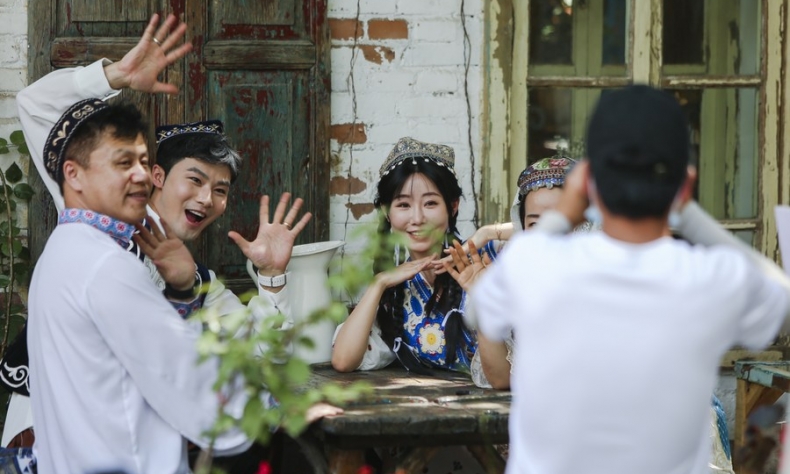
The creation of new organizations representing the interest of the Global South must do their part in creating a new paradigm in the world, a paradigm of harmony and mutual understanding among nations rather than rancor, fear, and conflict.
Editor’s Note: This is the excerpt from William Jones’s article for the Forum on Global Human Rights Governance, which opened in Beijing on June 14, 2023. The forum is themed “Equality, Cooperation and Development: The 30th Anniversary of the Vienna Declaration and Programme of Action and Global Human Rights Governance”. The article reflects the author’s opinions, and not necessarily the views of China Focus.
The world at present finds itself in a totally unprecedented situation, a time of fundamental transition, a time of great turmoil. A major war on the European continent, a war that the major Western powers are keen in pursuing, and a concerted attempt in the Asia-Pacific to organize the Rim countries in a cordon-like structure surrounding and containing the most important country in the region, the People’s Republic of China, are characteristic of our time. But the world will not, and cannot, return to some envisioned previous epoch in which the United States largely determined policy for where the world is going, an epoch which was in many respect a figment of the imagination of those who believed they ruled supreme.
Most importantly, the rise of China, from an impoverished nation in the 1970s to the primary engine of economic growth over the last decade, has introduced a major factor. A socialist country, developing its own path out of poverty rather than following the empty nostrums proposed by the liberal economists, is on the path to becoming one of the major technological giants of the world.
Neither did China accept the model of some Western parliamentary democracy, some thing that would have been wholly unsuitable for a country with the history and the culture of the People’s Republic. They did, however, develop their own type of democracy, a whole-process people’s democracy, which in many ways assures more input from the general citizenry than a parliamentary or presidential system of the West. This has also become grist to the mill of our Western elites, who believed that the Western parliamentary system is “the best of all possible worlds.”
While serving for decades as the economic engine of the world economy, Chinese diplomacy over the last decade has begun to exert its own influence and its own philosophy in the global arena. The creation of the Belt and Road Initiative ten years ago reinvigorated a new sense of development optimism among developing countries, which had languished under the “Washington consensus” over the period of several decades. The tremendous growth of China as a technological power also served as an example of what developing countries could do when free from the control of the U.S. and its dollar system. China’s willingness to share its development with other developing countries also provided an alternative to the neglect by the Western nations world of their development needs.

This policy by China was not limited to its bilateral relations, but led to the creation of alternative institutions outside the domain of the New York/London financial system, such as the BRICS, the SCO, the CICA, etc., which have become the institutional support for Third World development. The issue of development has also been put on the table internationally with China’s proposal for a Global Development Initiative which has gained wide support at the United Nations and among most UN members. And as the danger of nuclear war has grown with the continued NATO conflict in Ukraine. China has similarly proposed a Global Security Initiative.
The reaction of the West to these proposals has been anything but welcoming. More concerned about the growing loss of control over their countries of the world, they have instead targeted China in a vicious attempt to limit its development and to discredit its growing influence. Nobody should be fooled by these cheap tricks, abetted by the lying media in the West.
China’s role in protecting the human rights of its citizenry is deserving of much praise. More importantly, China’s call for making development a human right has been well-received by the world community. In fact, it takes one of Franklin Roosevelt’s Four Freedoms, namely, the “freedom from want” to a higher level, placing on all nations the requirement to assure development even for those on the bottom rung of society. This more than anything, perhaps serves as the biggest threat to the Western system. The raw rules of primitive capitalism says that those who are caught on the bottom are there through their own fault, unable to adjust to the economic structure. In the West, the attempt to eliminate poverty was often seen simply as the goal of high-minded idealists, who had no understanding of the way the world works. In the best of cases, some rationalized their acceptance of endemic poverty, by convincing themselves that if prosperity were secured for some, it would inevitably “trickle down” to those the bottom rung, which has never proven to have been the case. In a sense, China’s success in poverty alleviation puts into question the whole viability of “Western way of life.”
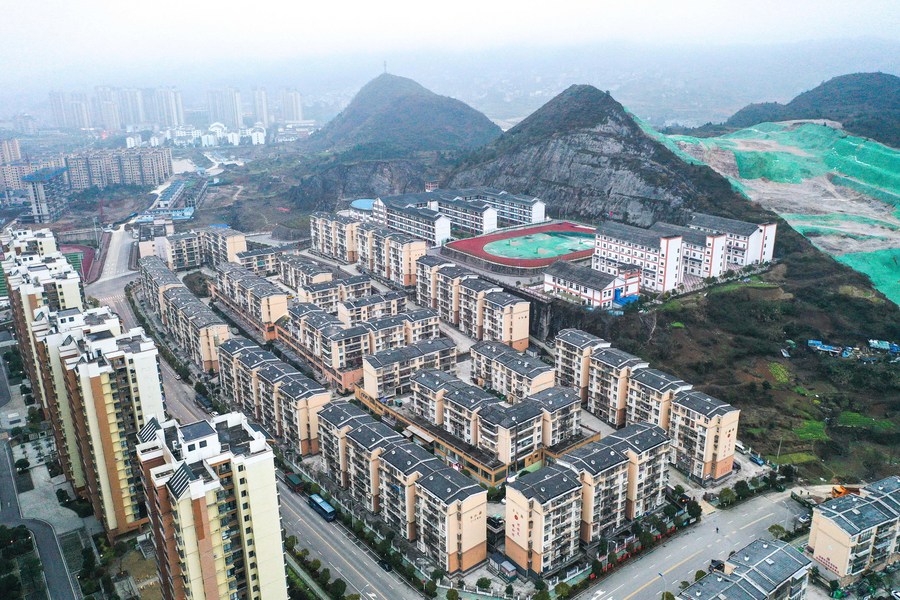
In averting a disaster, the role of China is key. Having placed the Global Development Initiative and the Global Security Initiative, as well as the Global Civilizational Initiative, which in a sense, subsumes the other two, on the agenda, they have created an alternative structure to the one that is now leading to global conflict.
Years ago, Samuel Huntington, that old Cold Warrior, put out the thesis of the “clash of civilizations”. But the counterweight to Huntington’s bankrupt and sinister thesis is the dialogue of civilizations, which is incorporated in China’s Global Civilizational Initiative. The world is comprised of different cultures and different ways of thinking. Through Forum on Global Human Rights Governance such a dialogue, each culture becomes richer and more fruitful. This also provides a basis for a new generation of thinkers in all these cultures to make further contributions as the process is not a closed one.
While it may take some time to convince our wayward leaders in the West that dialogue is much more important than conflict, the majority of the world is supportive of the direction that China has laid out with these three initiatives. They also give new meaning to the concept of the rights of man, or human rights. For in each of these cultures, one will find the noblest elements in their reverence for the human individual. The human individual is unique among all single entities of other species in that he possesses a mind, a mind which is capable of developing new ideas, which when transformed into social practice as scientific breakthroughs, medical insights, or artistic works, provide greater benefit to humanity as a whole. This requires that every individual have the right to access to a reasonable standard of living, to education, and to personal mental and social development. We can find the root of this notion in all of the major cultures of the world.
With this insight, we can determine a deeper meaning to the notion of “human rights”. It is not the right to have a formal vote in some sort of parliamentary system as the West contends. Rather it is the right of the individual to development of his or her full powers of mind and to have gainful employment in a way that contributes to the development of the species. This necessitates viewing the “right to development” not simply as the right of nations to develop, but also right of the citizens of those nations to develop. As society progresses, so must also the lot of even those on the lower rung of society. But this will not simply “trickle down”, but must be the task of society to encompass them into the broad sweep of the nation’s development.
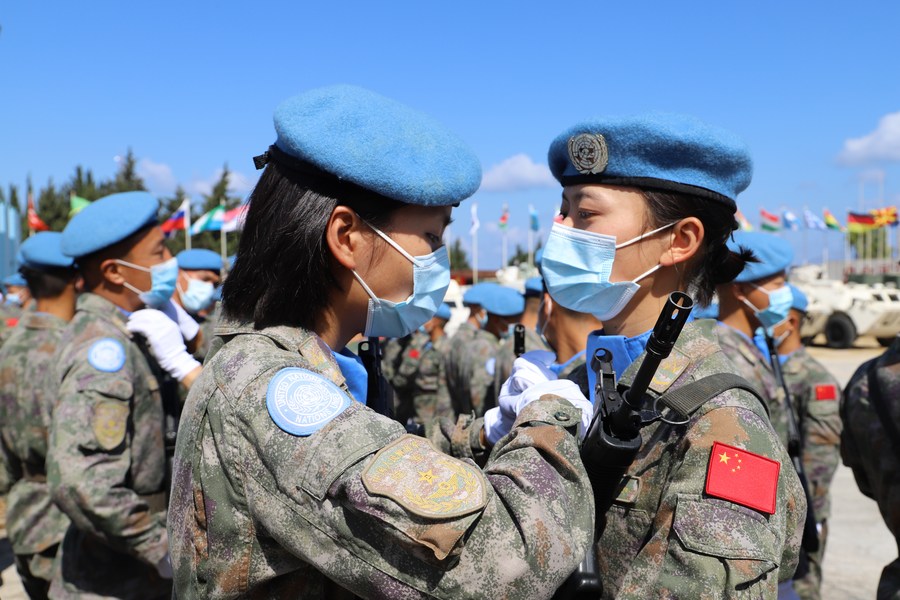
How many nations can claim that they are doing this? The endemic and growing poverty in the Western nations, including the United States, is clearly an abuse of that “human right,” the “right for development.” The failure in this area has contributed to the many problems afflicting the United States, be it racial discrimination, increased school shootings, or simply neglect in maintaining a functioning infrastructure in our cities and towns. Only China has shown, particularly with its poverty alleviation campaign, the ability to secure this “right of development” for its own citizenry.
The world has taken note of these two distinct paradigms being offered them today. The one, proposed by the Anglo-American faction, namely, waging war against its “rivals”, creating new divisions in the world that can ultimately lead to nuclear war, and prioritizing the profits of the rich at the expense of the poor. The other has been proposed by China in its Global Security Initiative, which calls for a new security architecture based on taking consideration to the security needs of all nations, prioritizing dialogue to conflict, respecting the sovereignty and territorial integrity of all nations, supporting the principles of the UN Charter, and working through the United Nations to resolve conflicts between nations rather than resorting to military force or economic sanctions.
None of this will be easy to accomplish in the atmosphere created by the NATO-Russia conflict. This will require major changes in the way the United States views the world. At the same time, the rest of the world must react now in mobilizing those forces necessary to put China’s Global Security Initiative at the top of the global agenda. The world can no longer be subjected to a U.S. policy that totally neglects the good of the many, a policy based on enmity, fear, and a desire to dictate policies for the rest of the world. The creation of new organizations representing the interest of the Global South such as BRICS, the SCO, the CICA, must do their part in creating a new paradigm in the world, a paradigm of harmony and mutual understanding among nations rather than rancor, fear, and conflict. The future is in our hands, but not unless we act now in bringing down the war fever and the hate, and finding the great common interest around which all nations can unite, the interests of peace, development, and scientific progress. We can create a beautiful world, if we have that world uppermost in our vision and are prepared to engage in the necessary struggle to implement that vision.
 Facebook
Facebook
 Twitter
Twitter
 Linkedin
Linkedin
 Google +
Google +





